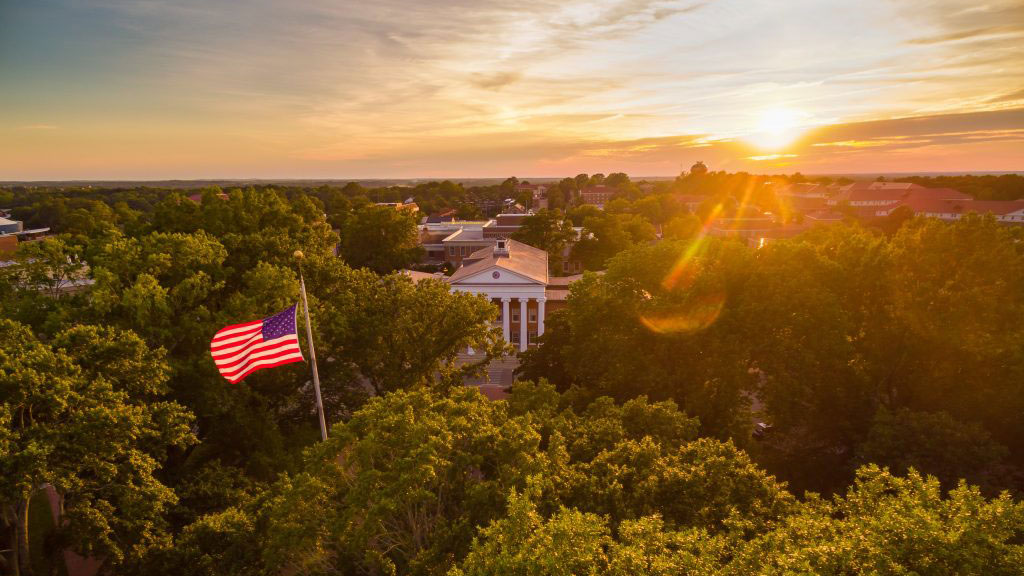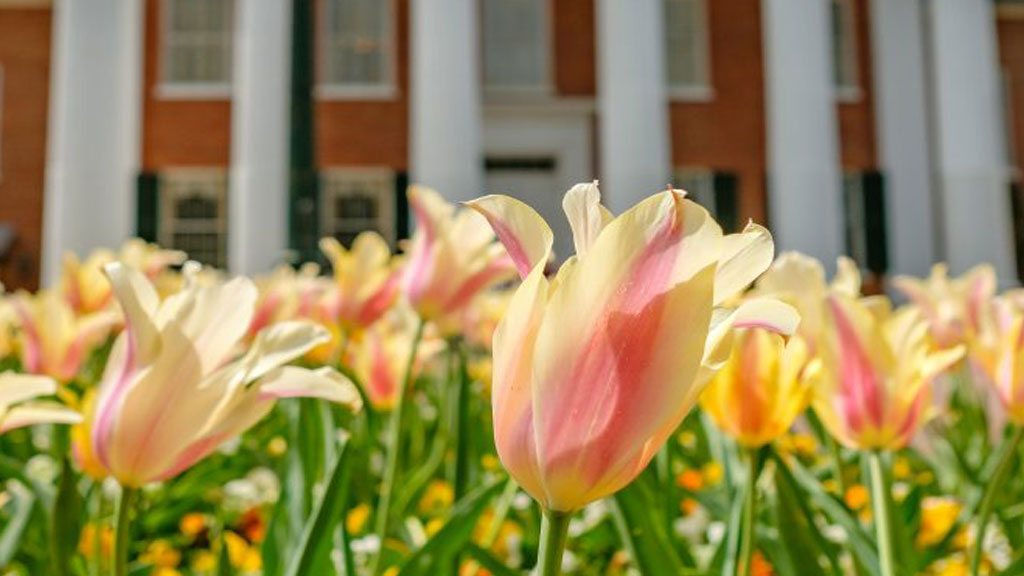Mattie Ford finds meaningful, personalized academic pursuits and opportunities at Ole Miss.
For Mattie Ford, using her hands to climb rock walls, dig vegetables and write intricate papers were all a way to grow both academically and professionally during her four years at the University of Mississippi.
Ford, a native of Brownsville, Tennessee, is a Southern studies major and environmental studies minor in the Sally McDonnell Barksdale Honors College. She said she’s always been interested in the South.
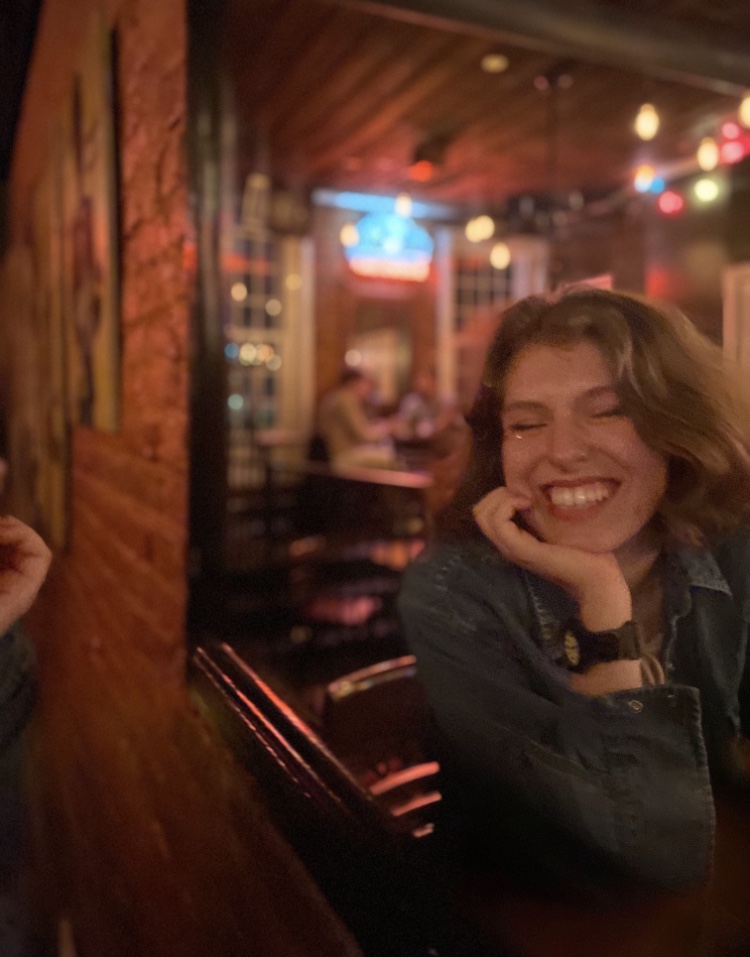
“One of the more basic tenets I learned is the idea that the South is not inherently exceptional,” Ford said. “At first that’s disorienting because as a Southerner, what then can I orient myself around? But having spent time with that concept, it’s grown into more of a realization that I get to decide what to make out of these things I think are Southern.
“It allows for personalizing the South, determining what is Southern to me and why that is meaningful. That’s helped alter my sense of this place and home and my relationship to it.”
One class that particularly that stood out for her came during her sophomore year: SST 536: The Southern Environment, taught by Andy Harper, director of the Southern Documentary Project and instructional assistant professor of Southern studies at the Center for the Study of Southern Culture.
Harper said he knew Ford was going to be a special student when she arrived on campus the summer before her freshman year wanting to learn how to tell stories.
“She may not have known what kind of stories to tell, but it was clear even then that Mattie would spend the next four years focused on learning how to engage them,” said Harper. “By the time she got to my Southern Environment course, it was clear that Mattie was well on the way to creating a very personal story grounded in the people and spaces around her.”
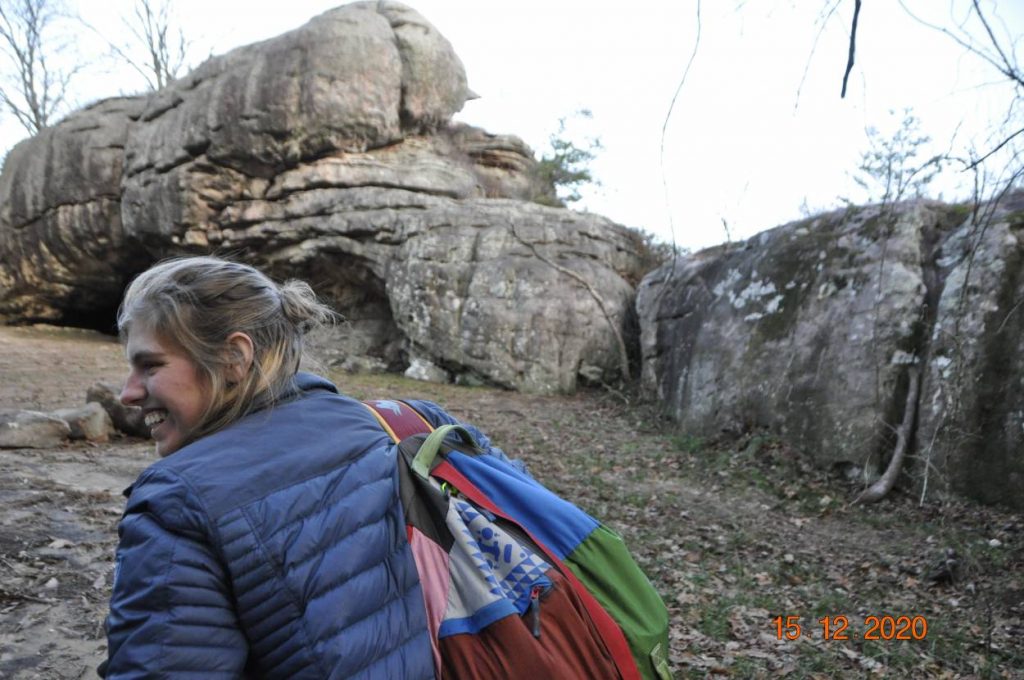
Mattie rock climbing in Sand Rock, Alabama. This is the closest outdoor climbing area to Oxford, and Mattie’s regular climbing spot. Submitted photo
Being a part of the environment didn’t mean only being in Barnard Observatory, however. It meant getting involved in overall campus life, including a job with Ole Miss Outdoors.
OMOD operates the 35-foot, 360-degree climbing wall and 70 linear-foot bouldering wall at the South Campus Recreation Center, amenities that provide a new and unique level of fitness and challenge for novice and advanced climbers, according to its website.
“I’ve always had a passion for being outside and I was interested in climbing, but I was from a small town and never really had a chance to climb,” Ford said. “I was trained and then started spending a lot of time at the wall, both at work and befriending my coworkers and digging in to the community.
“It became a real source of identity and strength for me, so now I am the head rock setter and manager of the climbing wall, which has been a fun and validating process over the last couple of years.”
When she’s not climbing the walls, Ford is much more down to earth. She spent two summers at organic farms, one in Missoula, Montana and one in Pittsboro, North Carolina, as well as at Yokna Bottoms Farm near Oxford.
“Conservation is not a new concept for me, but working outside was,” Ford said. “It was something I was always interested in, and I wanted to be able to balance academia and working with my hands.
“It’s been a good way to travel and meet cool people and get to work, plus get free vegetables.”
A central tenet of the Honors College is to prepare citizen scholars who are committed to the public good and driven to find solutions. Ford wanted to combine her interests in the body and the concept of Southerness, so for her senior honors thesis, she examined the relationship between rural upper class Southern white women and their bodies.
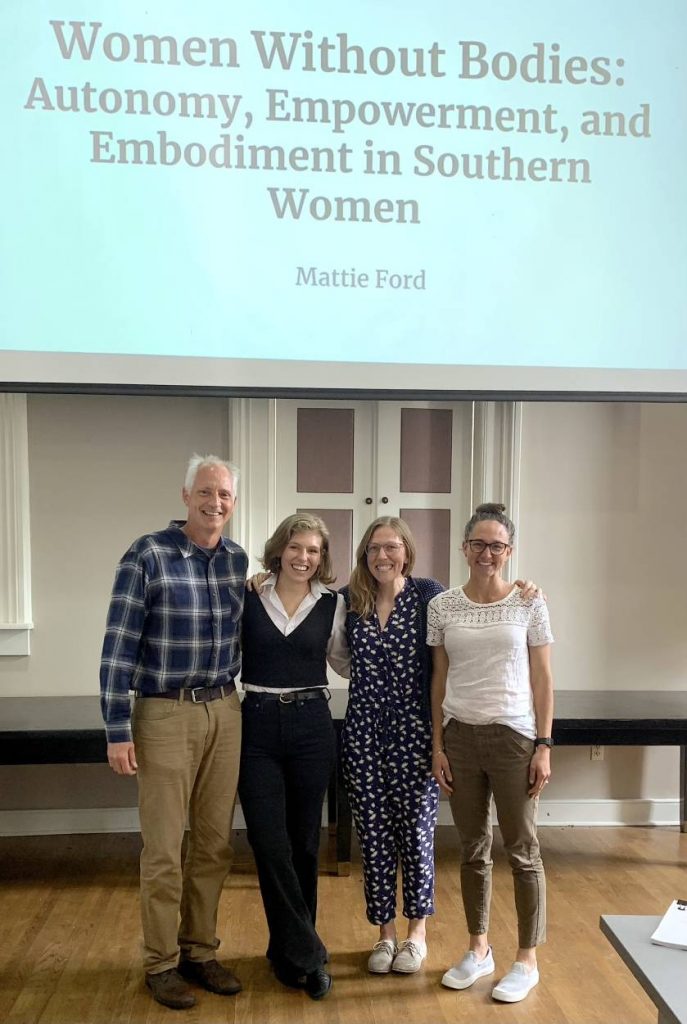
“It’s a broad topic that takes form through myself, my mother and my grandmother,” Ford said. “This circles back to my experience with rock climbing, thinking about my body and my relationship to it.
“I scoured my journal entries and interviewed my mother and grandmother to get a sense of what we are taught about and what is expected of our bodies, like what a Southern lady is and what is this inner world-outer world binary.”
Ford said the concept of tracking those ideas through the generations is interesting and complicated because bodies are so taboo, especially women’s bodies, and most especially Southern women’s bodies. She enjoyed the shared sense of wondering, questioning and negotiating with one’s body as she interviewed different generations of her family.
She was also the Southern studies student ambassador, and she won the 2021 Coterie Award for outstanding undergraduate paper and the James Timothy Jones Scholarship.
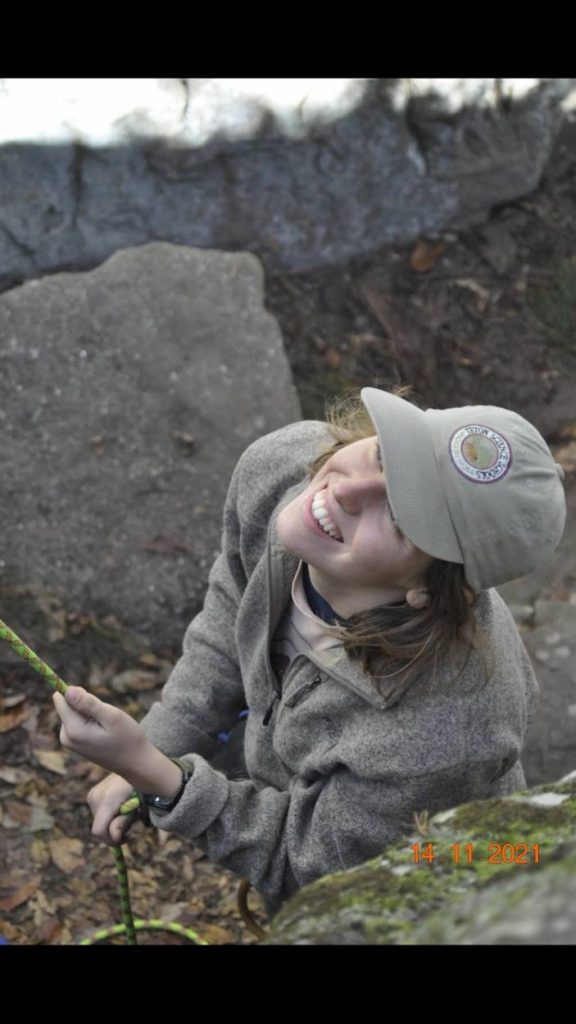
Balancing all these interests with straight As has paid off with recognition as a Taylor Medalist and an invitation to be inducted into Phi Beta Kappa honor society.
“I was really tired and I had crawled back into bed after an early morning weightlifting class, and I was sipping my coffee and got the congratulations email and it was a sweet moment,” Ford said. “It was kind of a tired but proud moment in a lot of ways.”
In the end, tired and proud should sum up senior year anyway.
By Rebecca Lauck Cleary, Center for the Study of Southern Culture

